In reality, preferential credit from the Vietnam Bank for Social Policies (VBSP) has become a solid foundation, helping thousands of poor and near-poor households in Dak Lak to invest in production, improve their lives, and escape poverty. With this support, the journey to overcome poverty has become much easier for tens of thousands of people.
|
Mr. Nguyen Van Tuan's cattle herd (Thanh Phu village, Ia Lop commune) was built up using preferential credit funds. |
A vivid example of escaping poverty through policy-based credit is the family of Mr. Nguyen Van Tuan (Thanh Phu village, Ia Lop commune). Mr. Tuan's family moved from Ben Tre province (formerly) to build a new life in this border region in 2006. The land here is barren and water-scarce, making cultivation ineffective, resulting in difficult living conditions. In 2007, Mr. Tuan's family received an 8 million VND policy-based credit loan to buy a pair of breeding cows. Thanks to good care, the cows thrived and reproduced annually. He sold the cows to repay the principal and interest and applied for additional loans to build barns and improve the land for grass cultivation to expand his livestock farming. Today, his family owns 27 cows. "Thanks to the preferential loans from the State, my family's life is much better than before," Mr. Tuan shared.
Similarly, the family of Mr. Chu Ba Ky in Tan An village (Ea Ba commune) also escaped poverty thanks to policy-based credit. Mr. Ky, originally from Bac Giang (now Bac Ninh province), came here to start a new life in 1995. In the early years, life was extremely difficult. As a veteran, unwilling to accept poverty, he applied for a loan from the Social Policy Bank to raise cattle and pigs, and then plant rubber trees. Later, he shifted to developing his garden economy. On his family's 6 hectares of land, Mr. Ky is growing durian, macadamia nuts, passion fruit, and cassava; among them, durian and macadamia nuts are the main crops, while passion fruit and cassava are for short-term gains to support long-term growth.
“Currently, I have borrowed 50 million VND from the Social Policy Bank under the program for newly lifted-out-of-poverty households. This money helps my family hire laborers and reinforce the automatic irrigation system for our orchard. I hope that in the future, the bank will continue to increase the loan amount so that we can have better conditions to do business and develop a more sustainable economy,” Mr. Ky said.
The involvement of Party committees and local authorities in leading and directing policy credit activities has become increasingly widespread, creating a strong ripple effect; at the same time, it has supplemented lending capital for the provincial Social Policy Bank to comprehensively implement preferential credit programs for the people. The number of beneficiaries of policy credit has been expanded. Ms. Tran Thi Tham, Deputy Director of the Social Policy Bank branch in Dak Lak, said that to date, the total outstanding policy credit in the province has reached over 13,876 billion VND, an increase of more than 1,032 billion VND compared to the end of 2024, with a growth rate of 8.03%; 251,557 customers still have outstanding loans, including 5,857 poor households, 5,367 near-poor households, and 7,397 newly escaped-from-poverty households who have borrowed capital to invest in production and business. Policy credit funds have been invested in 100% of communes and wards, and 100% of poor households, near-poor households, and newly-escaped-from-poverty households that have a need and meet the eligibility criteria have access to policy credit.
|
Mr. Chu Ba Ky (Ea Ba commune) borrowed policy credit to develop his garden-based economy. |
Policy credit programs have had a positive impact on poor and near-poor households in disadvantaged areas and ethnic minority regions; integrating with agricultural and forestry extension work, crop and livestock conversion to increase productivity and income for the poor and other policy beneficiaries, effectively achieving the goal of sustainable poverty reduction. Integrating social policy credit activities with production development orientations to leverage regional strengths has yielded high economic value and efficiency, contributing to the stable and sustainable development of the rural agricultural economy. The poverty rate across the province decreased by an average of 1.67% per year, from 10.09% at the end of 2021 to 5.08% at the end of 2024; the poverty rate among ethnic minorities decreased by an average of 4.47% per year, from 27.49% to 14.06%.
In the coming period, the locality will continue to effectively implement Directive No. 39-CT/TW of the Central Party Secretariat on improving the effectiveness of social policy credit in the new period and Decision No. 1560/QD-TTg dated July 18, 2025 of the Prime Minister on promulgating the Plan for implementing Directive No. 39-CT/TW; Plan No. 254-KH/TU dated January 21, 2025 of the Provincial Party Committee on implementing Directive No. 39-CT/TW; and at the same time, finalize and implement the Social Policy Credit Project for poor households and other policy beneficiaries using local budget funds in Dak Lak province for the period 2026-2030 in accordance with the current situation.
The provincial branch of the Vietnam Social Policy Bank will intensify lending activities according to the plan to increase outstanding loan balances for credit programs. This includes coordinating with relevant departments and units to compile lists of poor, near-poor, and newly-escaped-from-poverty households as a basis for timely disbursement of funds.
Dak Lak aims to reduce the poverty rate by 3% or more by the end of 2025; with a reduction of over 4% in the number of poor households among ethnic minorities; and to essentially eliminate poverty according to the multidimensional poverty standard by 2030. |
Source: https://baodaklak.vn/kinh-te/202510/tin-dung-chinh-sach-xa-hoi-them-nguon-luc-tren-hanh-trinh-giam-ngheo-1ac17c4/


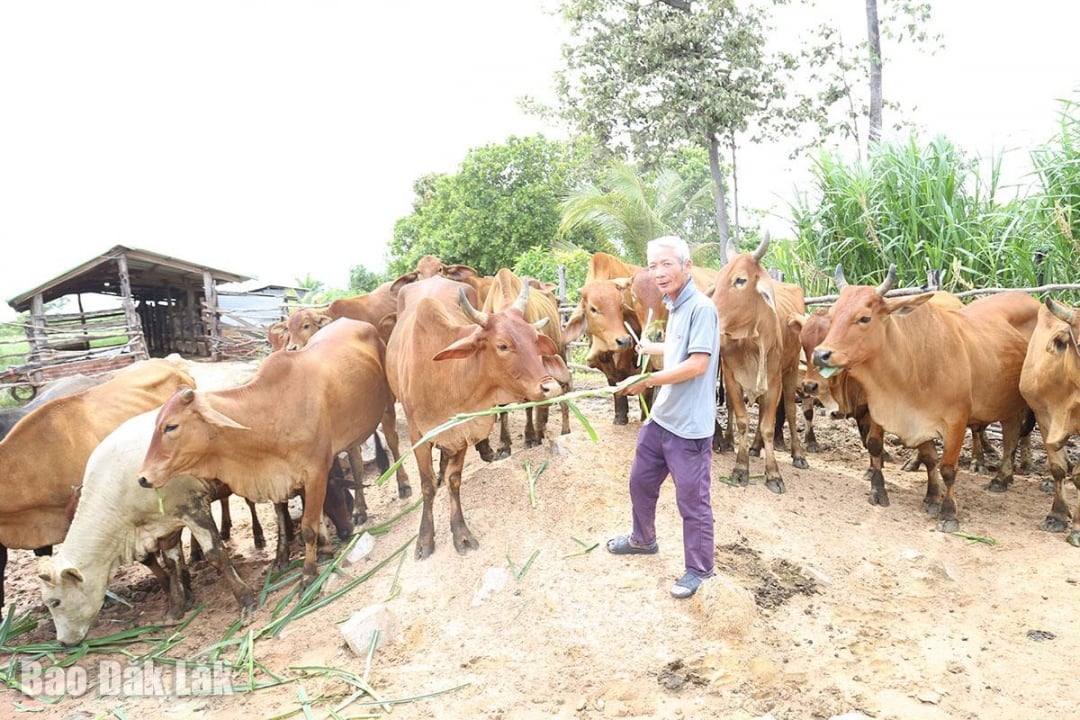
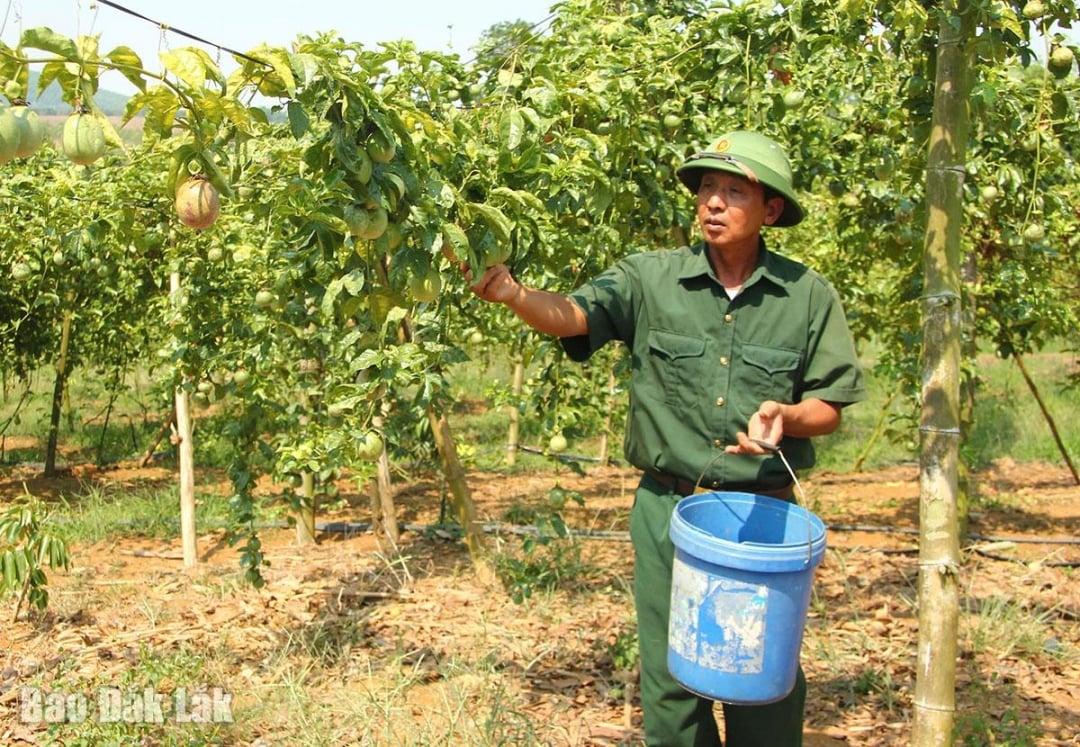

![[Photo] Prime Minister Pham Minh Chinh holds a phone call with the CEO of Russia's Rosatom Corporation.](/_next/image?url=https%3A%2F%2Fvphoto.vietnam.vn%2Fthumb%2F1200x675%2Fvietnam%2Fresource%2FIMAGE%2F2025%2F12%2F11%2F1765464552365_dsc-5295-jpg.webp&w=3840&q=75)
![[Photo] Closing Ceremony of the 10th Session of the 15th National Assembly](/_next/image?url=https%3A%2F%2Fvphoto.vietnam.vn%2Fthumb%2F1200x675%2Fvietnam%2Fresource%2FIMAGE%2F2025%2F12%2F11%2F1765448959967_image-1437-jpg.webp&w=3840&q=75)



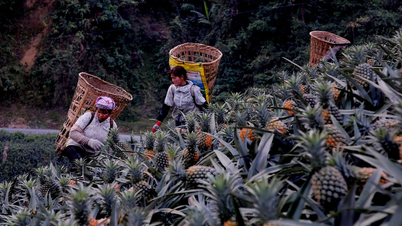

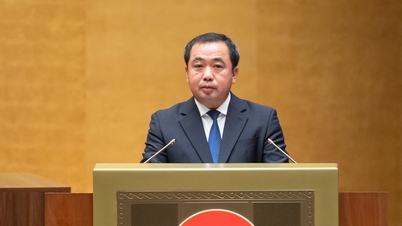

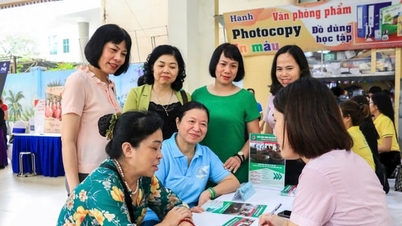


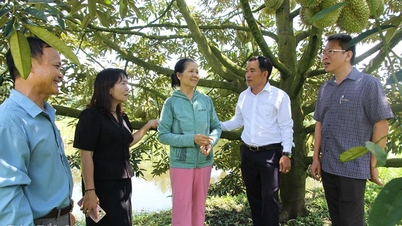
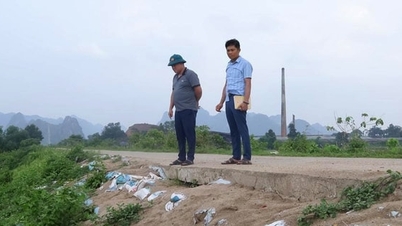
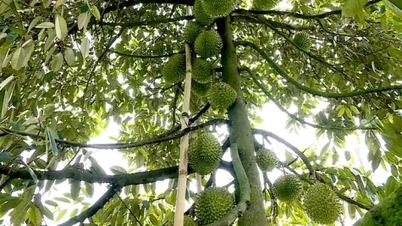

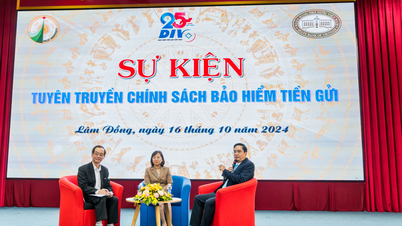

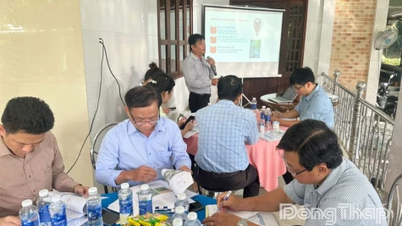
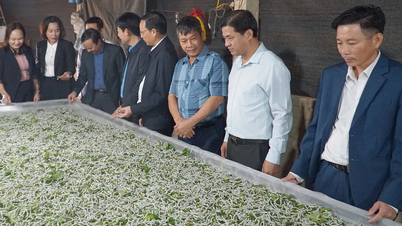


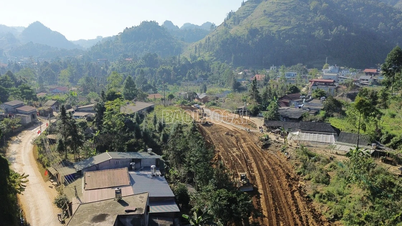




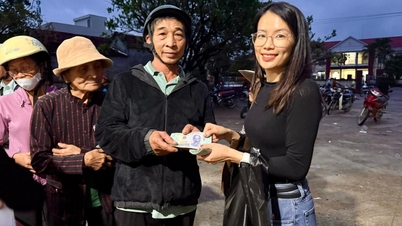
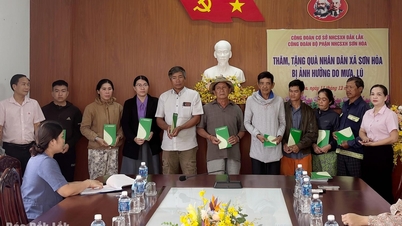
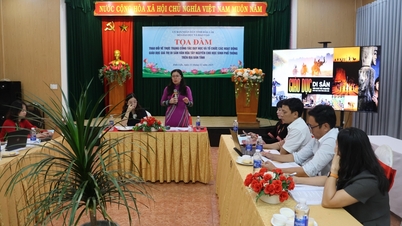

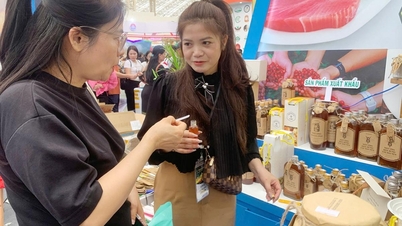
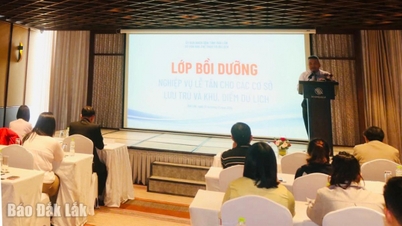























![[OFFICIAL] MISA GROUP ANNOUNCES ITS PIONEERING BRAND POSITIONING IN BUILDING AGENTIC AI FOR BUSINESSES, HOUSEHOLDS, AND THE GOVERNMENT](https://vphoto.vietnam.vn/thumb/402x226/vietnam/resource/IMAGE/2025/12/11/1765444754256_agentic-ai_postfb-scaled.png)





























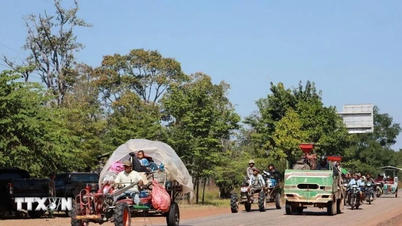

![[Photo gallery] Long Thanh Airport 'lights up' ready to welcome its first flight](https://vphoto.vietnam.vn/thumb/402x226/vietnam/resource/IMAGE/2025/12/11/1765467251707_bia_20251211222704.jpeg)

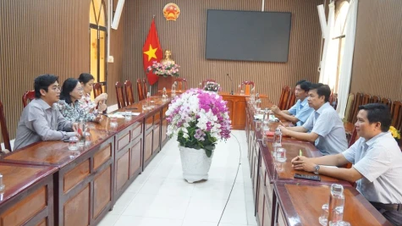
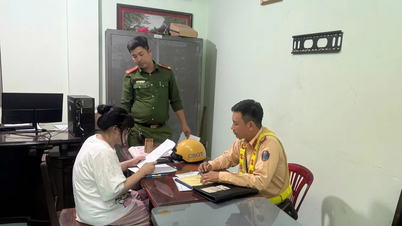
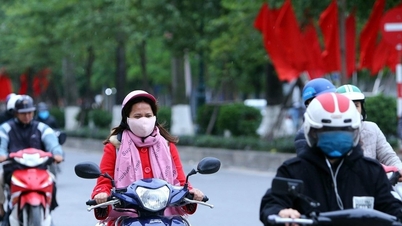














Comment (0)